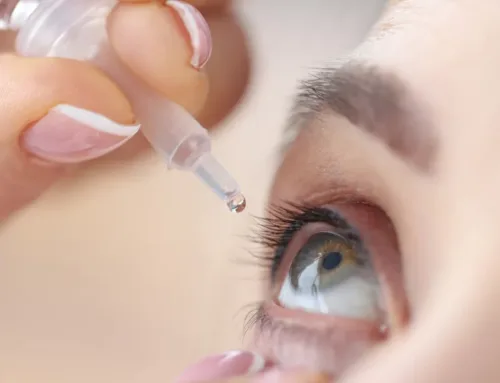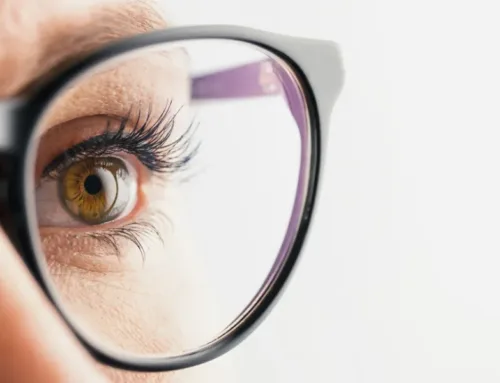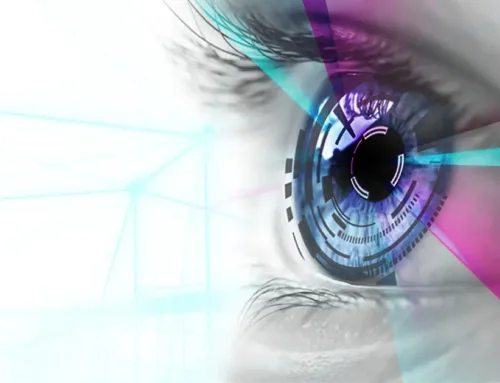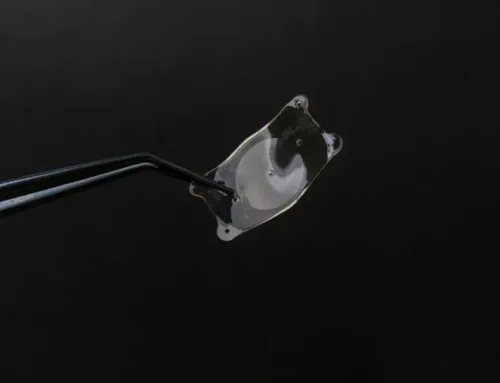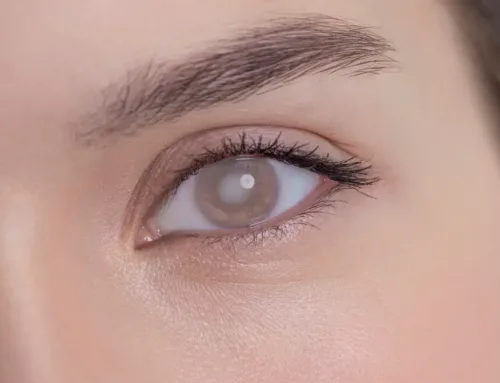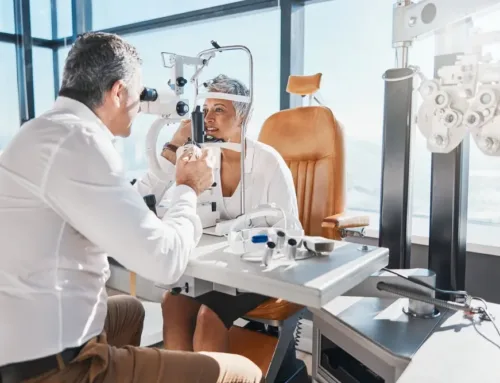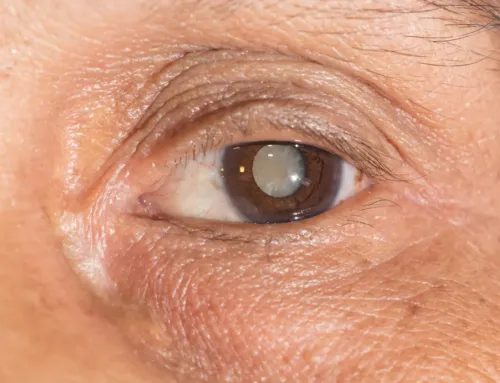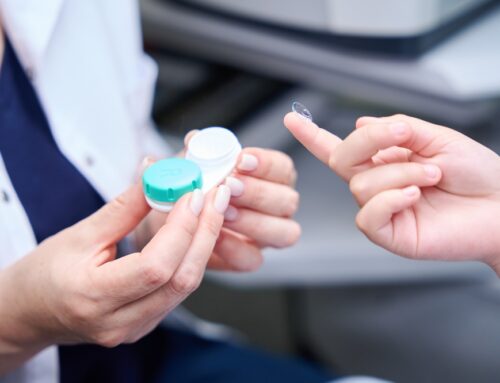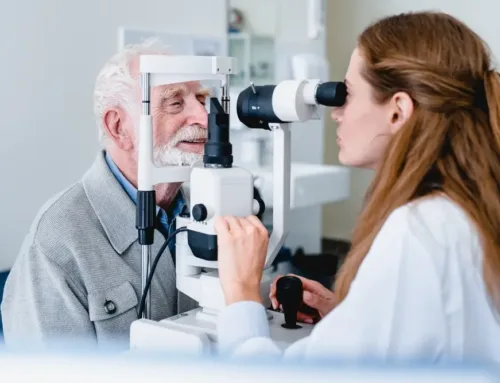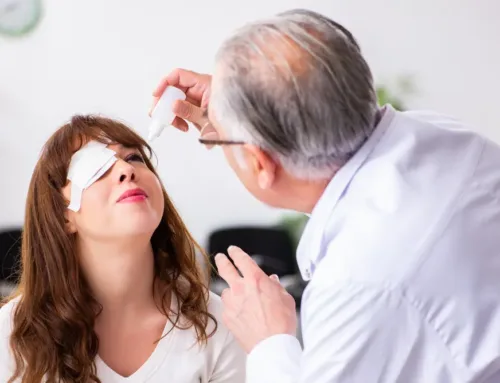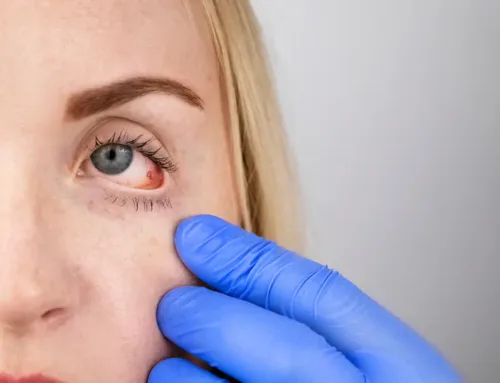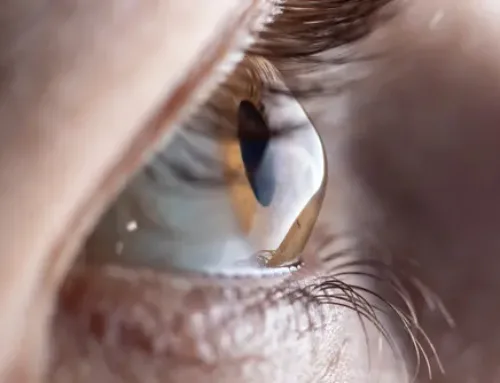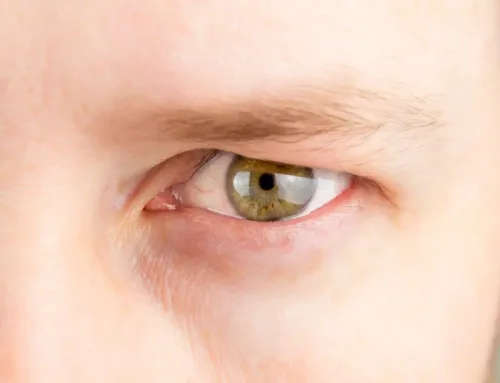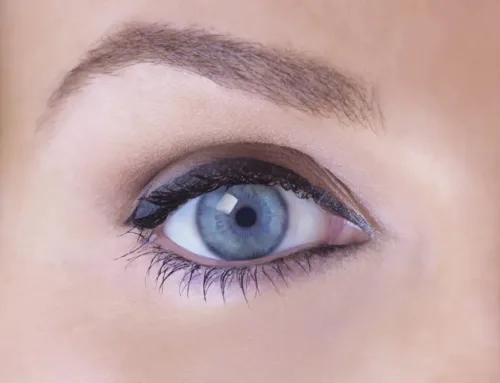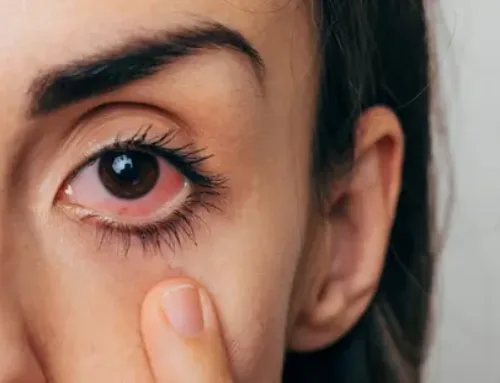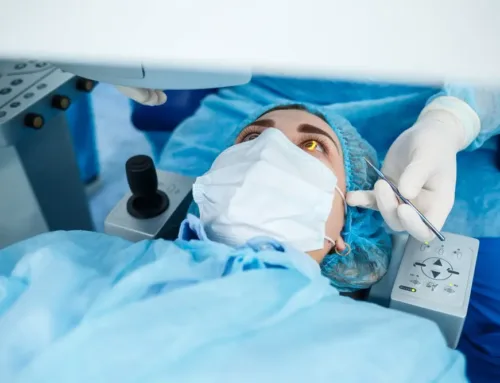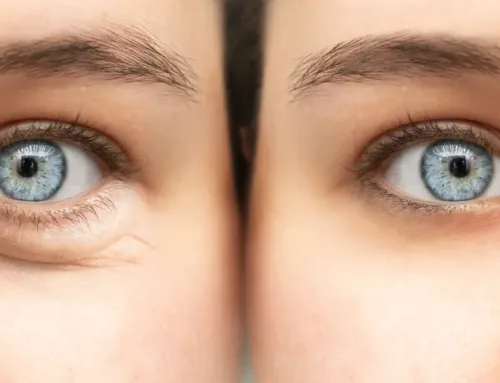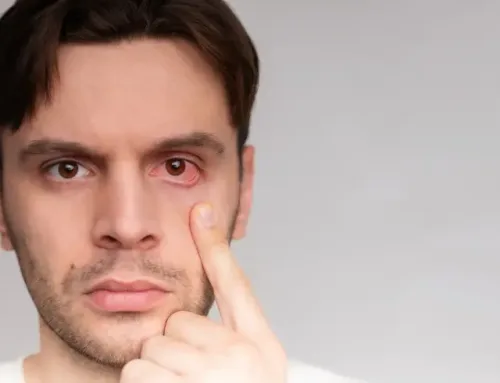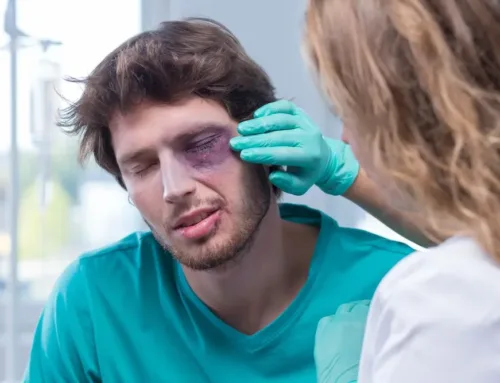Diabetes is a chronic and lifelong condition that affects over 40 million Americans. It leads to many health complications, such as diabetic retinopathy. This eye problem can cause you to see streaks that appear like cobwebs or floating spots, and even vision loss. It can affect daily life, making it harder to perform specific tasks like driving. 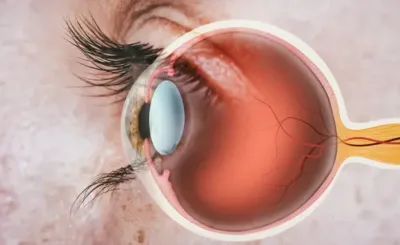
Can You Recover From Diabetic Retinopathy?
Everyone wants a clear vision. So, when faced with eye problems like diabetic retinopathy, it’s normal to want a treatment that could restore your eyesight. In the case of diabetic retinopathy, it is pretty unfortunate because no treatment has completely corrected the problem yet.
What Causes Diabetic Retinopathy?
When you have diabetes, your body does not process glucose properly. The sugar in your bloodstream will become higher than necessary. Over time, it can damage your body’s blood vessels, tissues, and muscles.
Diabetic retinopathy happens when glucose blocks the blood vessels in your eye’s retina. The retina is a specific part of your eye that sends visual images to your brain. When it is damaged, you can suffer from vision loss.
Diabetes: A Lifelong Illness
There is no cure for diabetes. Once you have it, you can never fix it. The only thing you can do is take treatments and medications designed to manage the symptoms and prevent the disease from getting worse.
The same goes for diabetic rhinoplasty. While modern eye surgery has come a long way, there remains no cure for the condition. There are several treatments, but they focus mainly on stopping the condition’s progression so that it does not affect your vision further.
What Are The Treatment Options For Diabetic Retinopathy?
If your diabetes is at an early stage, you may not have diabetic retinopathy yet. So, the eye doctor will just monitor your eyes. They may ask you to have a comprehensive eye exam at least every two months.
If you start noticing symptoms of diabetic retinopathy, here are your treatment options:
- Anti-VEGF (vascular endothelial growth factor) medicine: Anti-VEGF drugs slow down the growth of abnormal blood vessels in your retina. It can be injected or implanted in the eye.
- Laser Treatment: Also called photocoagulation, this treatment can help prevent vision loss if the retina is not severely damaged yet. For advanced cases of diabetic retinopathy, scatter laser surgery may be recommended instead.
- Vitrectomy: This surgery is done when there is bleeding, retinal detachment, or severe scar tissue.
No matter what type of treatment you get, controlling your blood sugar levels always helps. Good blood sugar control helps keep the eye condition from getting worse.
Prevent Diabetes
There is no cure for diabetic retinopathy yet. So, it is crucial to take care of your eyes and body. Manage your sugar intake and make healthier choices. If there is no diabetes, there is no chance of developing diabetic retinopathy.
Diabetic retinopathy is a serious eye complication of diabetes that can lead to vision loss. While there is no cure for the condition, there are many treatment options available to slow down its progression and prevent further damage.
However, the best course of action is to prevent diabetes altogether. For those already suffering from diabetic retinopathy, regular checkups with an ophthalmologist and maintaining good blood sugar control are essential for managing the condition.
For more information on diabetic retinopathy, talk to the doctors at Treasure Coast Eye Specialists. Visit our offices in Port St. Lucie or Stuart, Florida. You can set up an appointment by calling 772-400-2400 or 772-286-0007.


